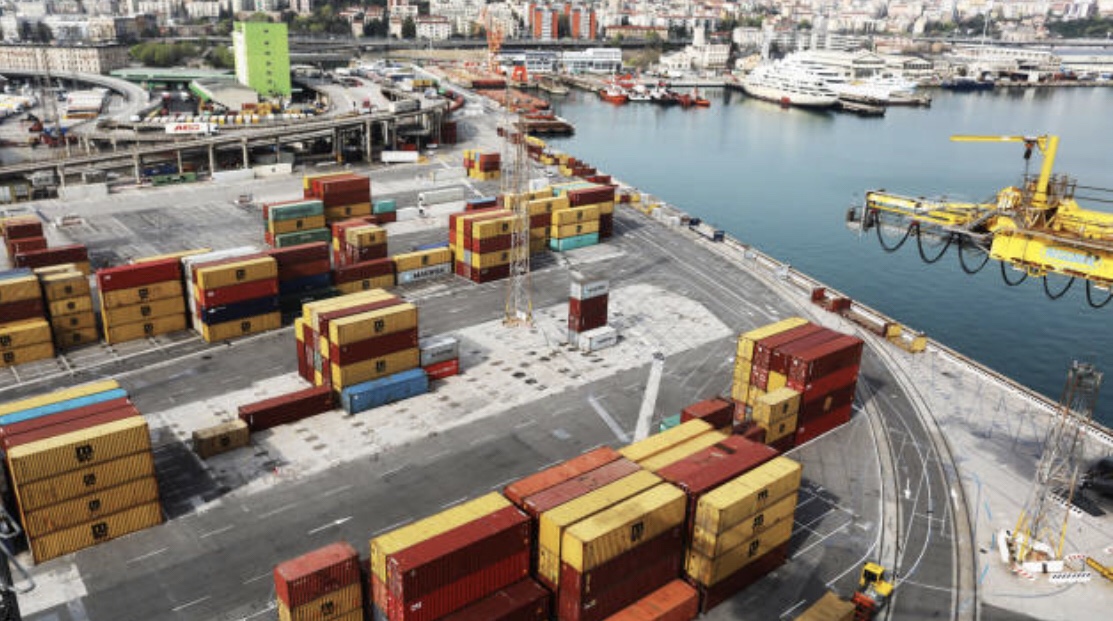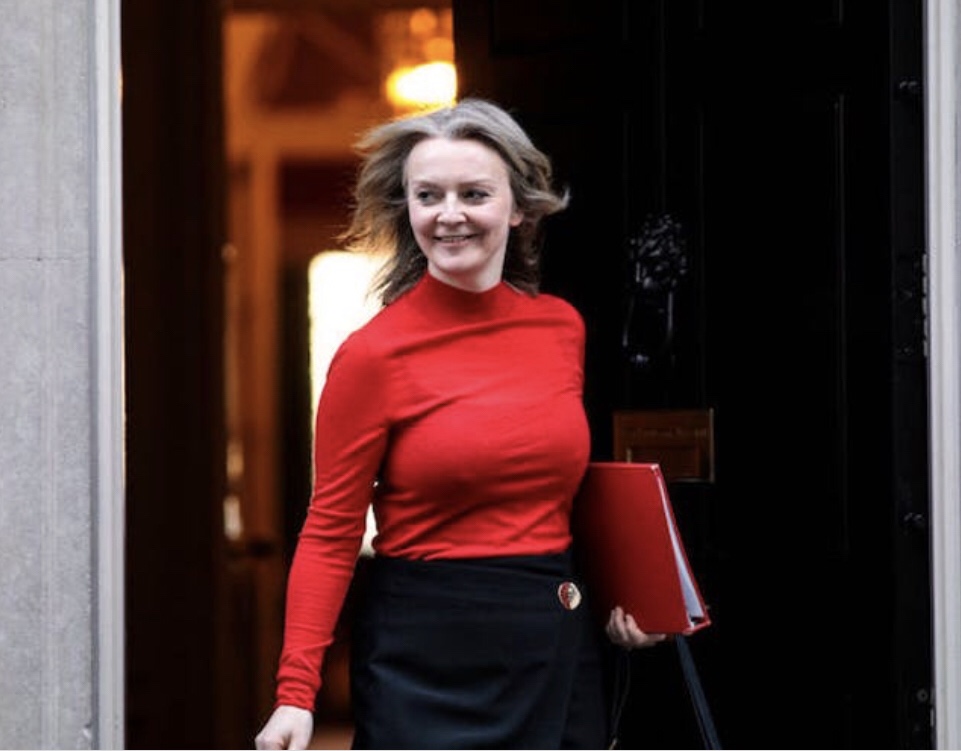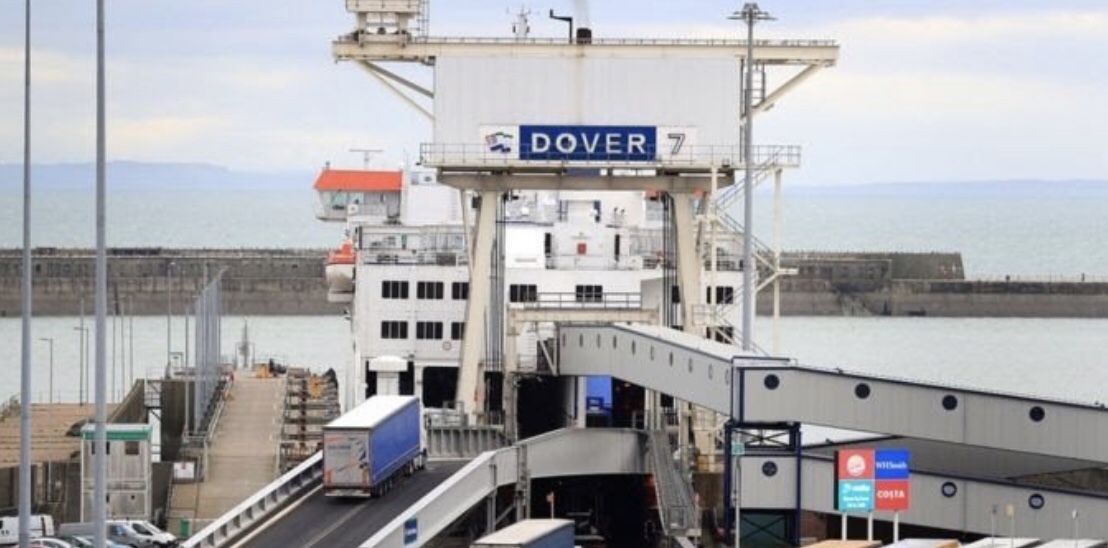Up to 10 so-called free ports will be established in the UK after Brexit under new plans unveiled by the government.
My personal view is that this could be an important part of a new UK Trade Policy.
The Freeport/Freezone instrument has developed enormously during the last decade. It is today a driver of the economy in many countries. In this respect Europe has been lacking behind, even though we have successful excellent Freeport examples like ‘Le Freeport in Luxenbourg’.
However we are talking about modern Freeports/Freezones here, not the traditional zones of the past.
These are dynamic, modern trading zones with great potential for innovation, new ideas, business.
In addition, and this is important – new Freeports/Freezones have an important Customs element to it, which many people forget. Having been traditionally areas outside Customs control, we have today instead developed compliance management programmes like the World Freezone Organization (World FZO) SafeZone concept, to make zones transparent with the aim to better integrate high-performing and secure Freeports/Freezones into the global supply chain.
This is something the UK example need to consider already from the start to be successful. There have in the past been problems with zones not keeping up to the required standard for global supply chain stakeholders.
OECD has been working a long time, now together with World FZO, to promote and protect safe/secure zones in relation to high risk freeports and freezones. We have been
Here is a few lines from one of the news articles when UK Government announced the new initiative in line with PM Johnsons previous statements.
Shipping ports and airports across the UK will be invited to bid for “free port” status after Britain leaves the EU.

Liz Truss, the international trade secretary, claimed the move would create thousands of jobs and boost economic growth.
Announcing the move ahead of a visit to Teesport on Teesside, which is a possible candidate for becoming a free port, Ms Truss said: “Freedoms transformed London’s Docklands in the 1980s, and free ports will do the same for towns and cities across the UK. They will join onshore enterprise and manufacturing as the gateway to our future prosperity, creating thousands of jobs.
“We will have a truly independent trade policy after we leave the EU on October 31. I look forward to working with the Freeports Advisory Panel to create the world’s most advanced free port model and launch the new ports as soon as possible.”

Ministers hope that free ports will help boost the UK’s trade with the USA and developing countries in Asia.
The government pointed to the fact that the US has over 250 free trade zones, employing 420,000 people.
Source:Independent
The government has said it will start automatically enrolling UK firms in a customs system as it speeds up its preparations for a no-deal Brexit.
The move will enable UK firms to continue to trade with EU member states after the UK leaves the EU.

Business trade groups had urged the government to act after many firms failed to register for the system.
The CBI said it was “a sensible move” but “one of hundreds of things that needed to be done” in a no-deal event.
HMRC said all VAT-registered firms in the UK – which had not already signed up to the customs system – would receive an ID number within the next two weeks.
The so called Economic Operator Registration and Identification (EORI) number will allow firms to continue to trade with customers and suppliers in the EU once the UK has left the EU on 31 October.
Firms without an EORI number will not be allowed to trade with EU member states after Brexit.
So far, 72,000 companies had registered for an EORI number. The government said its auto-enrolment scheme would mean 88,000 more firms would be registered.
Source: BBC
A review from Swedish Customs states that the majority of the largest import companies in Sweden have declared their imports with incorrect values. To reduce risks and costs – team up with an experienced trade and customs management partner.

Customs is a complex field, and to reduce the risks of unnecessary costs, in addition to internal mitigations companies could consider teaming up with an experienced partner that specialises in trade and customs management.
Over five years, Swedish Customs has reviewed the 100 companies in Sweden with the largest value of imports, in order to make sure that they declare their customs correctly, along with taxes and other fees. The review shows that two-thirds of the companies had made errors that resulted in extra fees.
The most common errors were incorrect value of goods declared, entering a commodity code with a lower fee than the correct code, and transactions not being accounted for. In some cases, companies had also paid too much customs duty.
According to Swedish Customs, common reasons for the errors are mishandling or a lack of knowledge. Customs is a complex field undergoing constant change, and even with good in-house competence, there is always a risk that mistakes will be made.
One way to build extra capability and reduce the risk of unnecessary errors is to team up with an experienced partner that specialises in trade and customs management. With expert knowledge, frequent updates and a better overview generally, companies can reduce their costs while increasing efficiency.
There are many advantages to working with a trade and customs management partner, from operational support to strategic advisory regarding performance and optimisation. Please don’t hesitate to explore your options with KGH.
Duty Optimisation
The several hundred free trade agreements in force for goods have to be utilised in an optimised way. And for goods without FTAs, customs duties must be calculated and paid correctly, according to the relevant legislation. With an experienced partner in addition to your internal resources, costs could be reduced and mistakes avoided.
Trade Performance
Predictable, speedy, efficient customs processes give customers competitive advantages – reduced working capital, ensuring delivery certainty, and enabling just–in-time business processes. This could be supported both by digital solutions and strategic advisory.
Control and Risk Mitigation
Being involved in international trade means dealing with risks on a daily basis – compliance risks as well as risks with direct economic impact. All of which must be controlled and mitigated through a structured approach. Make sure you get the support you need.
Operational Efficiency
Operational customs issues, such as customs declarations, have not been top of the agenda for most companies, and are very often handled in a fragmented way, spread across many service providers. This can result in lower quality, higher risks and extra costs. Today coordination, centralisation, harmonisation and, ultimately, automation of the processes is the way forward. Be sure not to miss out on opportunities regarding your cross-border trade.
If you want to learn more about customs management and our services, please contact Björn Höglund, Director, Trade and Customs Consulting, bjorn.hoglund@kghcustoms.com or UK office, steve@kghcustoms.com






You must be logged in to post a comment.